As the global population continues to grow, the demand for sustainable food production is on the rise. In this endeavor, farm irrigation equipment plays a vital role by ensuring optimal water distribution, even in arid regions. With advancements in technology, cutting-edge irrigation systems are revolutionizing the field of modern agriculture. This article explores the importance of farm irrigation equipment and its potential to enhance farm yield. 1. Water Conservation: One of the key advantages of quality farm irrigation equipment is that it facilitates efficient water usage, thus preserving this precious resource. Traditional irrigation methods such as flood irrigation often result in excessive water wastage. However, modern farm irrigation systems, such as drip irrigation and precision sprinklers, have significantly improved water-use efficiency.
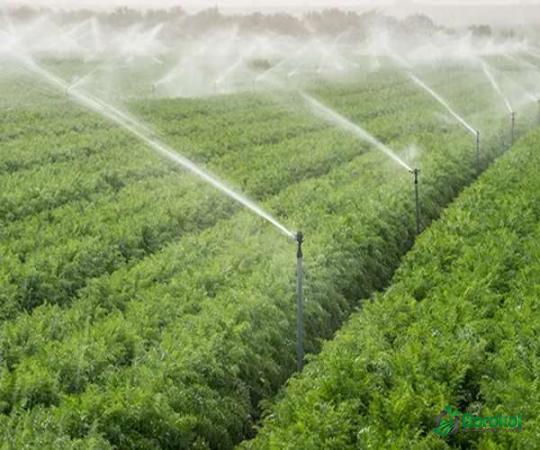
.
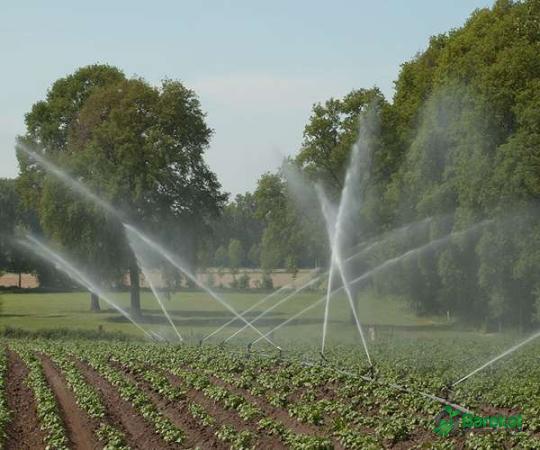 By delivering water directly to the roots of plants, these systems reduce evaporation and runoff, conserving water and minimizing environmental impact. 2. Increased Crop Production: Farm irrigation systems enable farmers to overcome the limitations imposed by unreliable rainfall patterns. With the ability to regulate water supply, these systems ensure consistent moisture levels crucial for robust crop growth. By delivering water precisely where and when it is needed, farmers can optimize plant health and increase yields. Additionally, irrigation systems provide a means for farmers to cultivate crops during seasons outside the traditional growing period, further boosting overall productivity. 3. Enhanced Nutrient Distribution: Irrigation equipment not only delivers water but also enables precise distribution of fertilizers and other nutrients. By incorporating fertilizers into irrigation systems, farmers can efficiently deliver nutrients directly to the root zone. This targeted approach ensures that plants receive essential nutrients, promoting healthy growth and reducing fertilizer runoff. Enhanced nutrient distribution through farm irrigation systems optimizes crop production while minimizing environmental pollution.
By delivering water directly to the roots of plants, these systems reduce evaporation and runoff, conserving water and minimizing environmental impact. 2. Increased Crop Production: Farm irrigation systems enable farmers to overcome the limitations imposed by unreliable rainfall patterns. With the ability to regulate water supply, these systems ensure consistent moisture levels crucial for robust crop growth. By delivering water precisely where and when it is needed, farmers can optimize plant health and increase yields. Additionally, irrigation systems provide a means for farmers to cultivate crops during seasons outside the traditional growing period, further boosting overall productivity. 3. Enhanced Nutrient Distribution: Irrigation equipment not only delivers water but also enables precise distribution of fertilizers and other nutrients. By incorporating fertilizers into irrigation systems, farmers can efficiently deliver nutrients directly to the root zone. This targeted approach ensures that plants receive essential nutrients, promoting healthy growth and reducing fertilizer runoff. Enhanced nutrient distribution through farm irrigation systems optimizes crop production while minimizing environmental pollution.
..
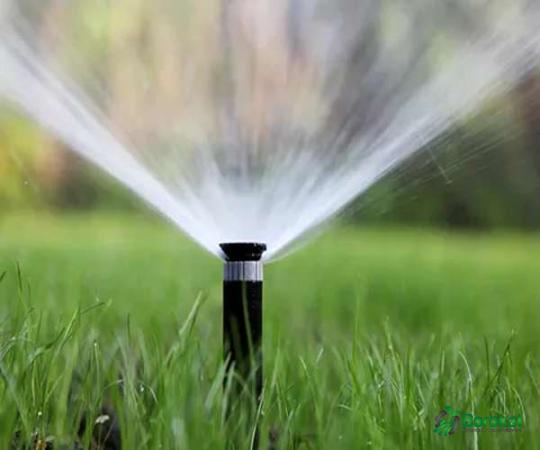 4. Streamlined Farm Management: Advanced irrigation systems now feature automation and remote control capabilities, making farm management more efficient. Automated irrigation controllers enable farmers to monitor and adjust water distribution from anywhere, even using their mobile devices. Real-time data, such as soil moisture levels, weather conditions, and water flow rates, empowers farmers to make informed decisions and adapt irrigation schedules accordingly. This streamlined approach to farm management saves time and resources, allowing farmers to focus on other essential aspects of their operations. 5. Adaptability to Various Farming Methods: Farm irrigation equipment caters to a wide range of farming methods, ensuring their applicability in diverse agricultural operations. Whether it is large-scale commercial farms or small-scale sustainable farming, there are irrigation solutions available to suit specific needs.
4. Streamlined Farm Management: Advanced irrigation systems now feature automation and remote control capabilities, making farm management more efficient. Automated irrigation controllers enable farmers to monitor and adjust water distribution from anywhere, even using their mobile devices. Real-time data, such as soil moisture levels, weather conditions, and water flow rates, empowers farmers to make informed decisions and adapt irrigation schedules accordingly. This streamlined approach to farm management saves time and resources, allowing farmers to focus on other essential aspects of their operations. 5. Adaptability to Various Farming Methods: Farm irrigation equipment caters to a wide range of farming methods, ensuring their applicability in diverse agricultural operations. Whether it is large-scale commercial farms or small-scale sustainable farming, there are irrigation solutions available to suit specific needs.
…
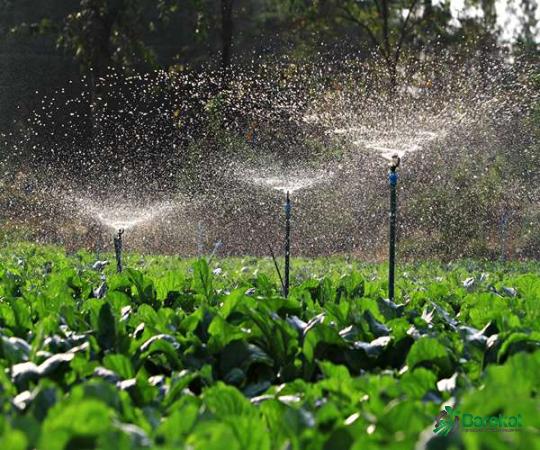 From overhead sprinklers for broad-acre farming to micro-irrigation for greenhouse cultivation, irrigation equipment is designed to adapt to different terrain, crop types, and farm sizes. Conclusion: Farm irrigation equipment has emerged as a crucial tool for modern agriculture. With its ability to conserve water, enhance crop production, and streamline farm management, it has become a game-changer for farmers worldwide. As technologies continue to advance, the integration of irrigation systems will play an even more prominent role in sustaining food production and meeting the global demand for high-quality, nutritious produce. Embracing this innovation in farm irrigation equipment can lead to increased farm yields, reduced environmental impact, and overall agricultural prosperity.
From overhead sprinklers for broad-acre farming to micro-irrigation for greenhouse cultivation, irrigation equipment is designed to adapt to different terrain, crop types, and farm sizes. Conclusion: Farm irrigation equipment has emerged as a crucial tool for modern agriculture. With its ability to conserve water, enhance crop production, and streamline farm management, it has become a game-changer for farmers worldwide. As technologies continue to advance, the integration of irrigation systems will play an even more prominent role in sustaining food production and meeting the global demand for high-quality, nutritious produce. Embracing this innovation in farm irrigation equipment can lead to increased farm yields, reduced environmental impact, and overall agricultural prosperity.

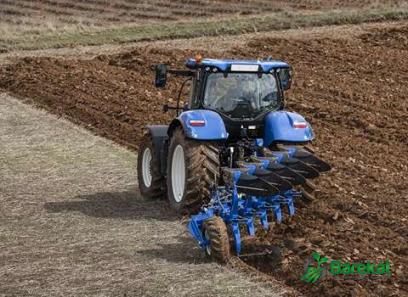

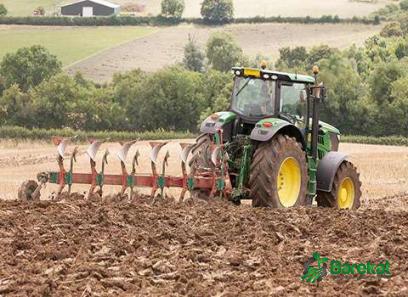
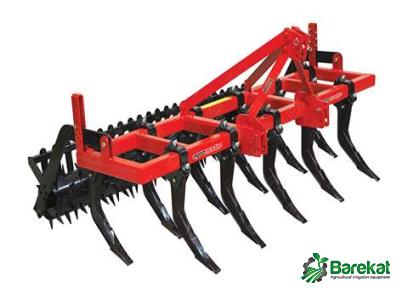


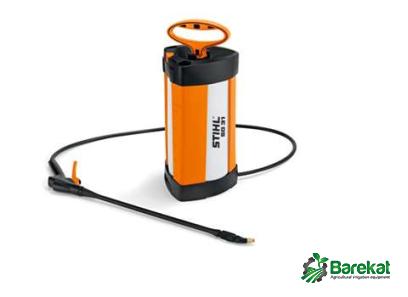
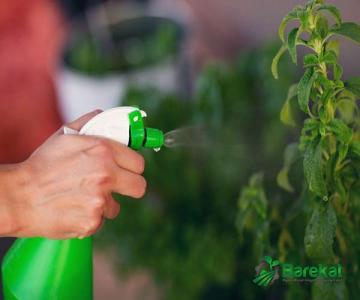
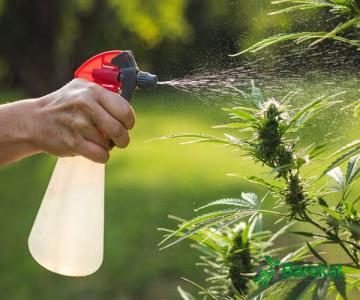
Your comment submitted.